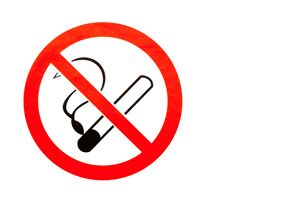The number of people trying to quit smoking cigarettes has risen by 15 percent in a year in Glasgow, Scotland, according to a story by Caroline Wilson for the Evening Times.
Wilson said new figures suggested the city was making inroads into some key health challenges.
She quoted Glasgow’s director of public health, Dr. Linda de Caestecker, as saying smoking cessation services were now seeing “unprecedented numbers” of people trying to quit.
At the same time, NHS [National Health Service] Greater Glasgow and Clyde’s weight management service had seen a five percent rise in referrals in the past year, while the number of people accessing a service that supported those with an alcohol dependence had increased to more than 5,200.
“Health and wellbeing can be improved not just through medical interventions,” said de Caestecker.
“By offering people access to a range of support services such as money advice, physical activity, weight management support, smoking cessation advice and alcohol interventions, we can ensure people maximise their health and wellbeing.
“Doctors, nurses and therapists in our acute hospitals are routinely identifying patients and their families who are at risk of poverty or inequality and by working with community colleagues and third sector organisations providing families and individuals with the knowledge of where and how to access any additional support they need.”
The board has seen a 79 percent increase in referrals for physical activity support with a large number referred from oncology, cardiac, respiratory and stroke services.
Figures show there has been a 12 percent drop in smokers in Glasgow since Scotland introduced a ban on lighting up in public places.
The smoking incidence has fallen from 37.5 percent to 25 percent, according to figures released by NHS Greater Glasgow and Clyde last year on the 10-year anniversary of a ban on smoking in public places.



